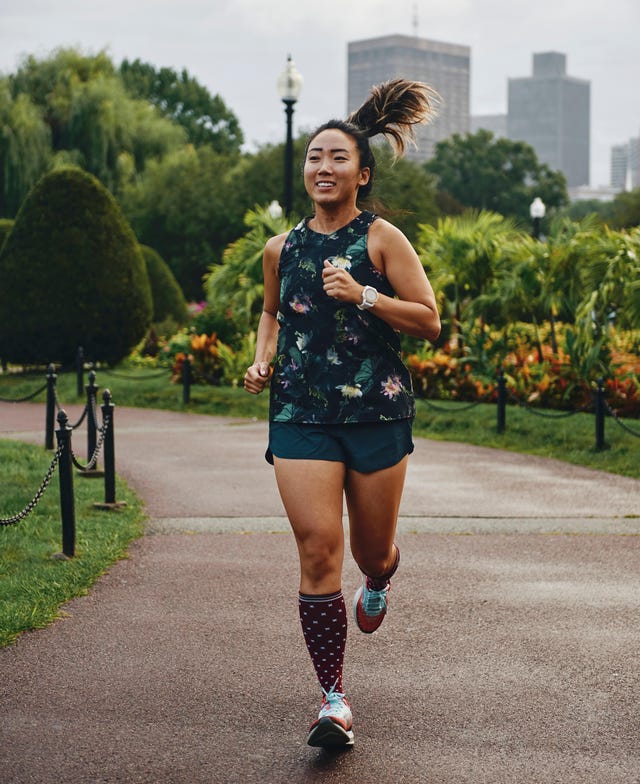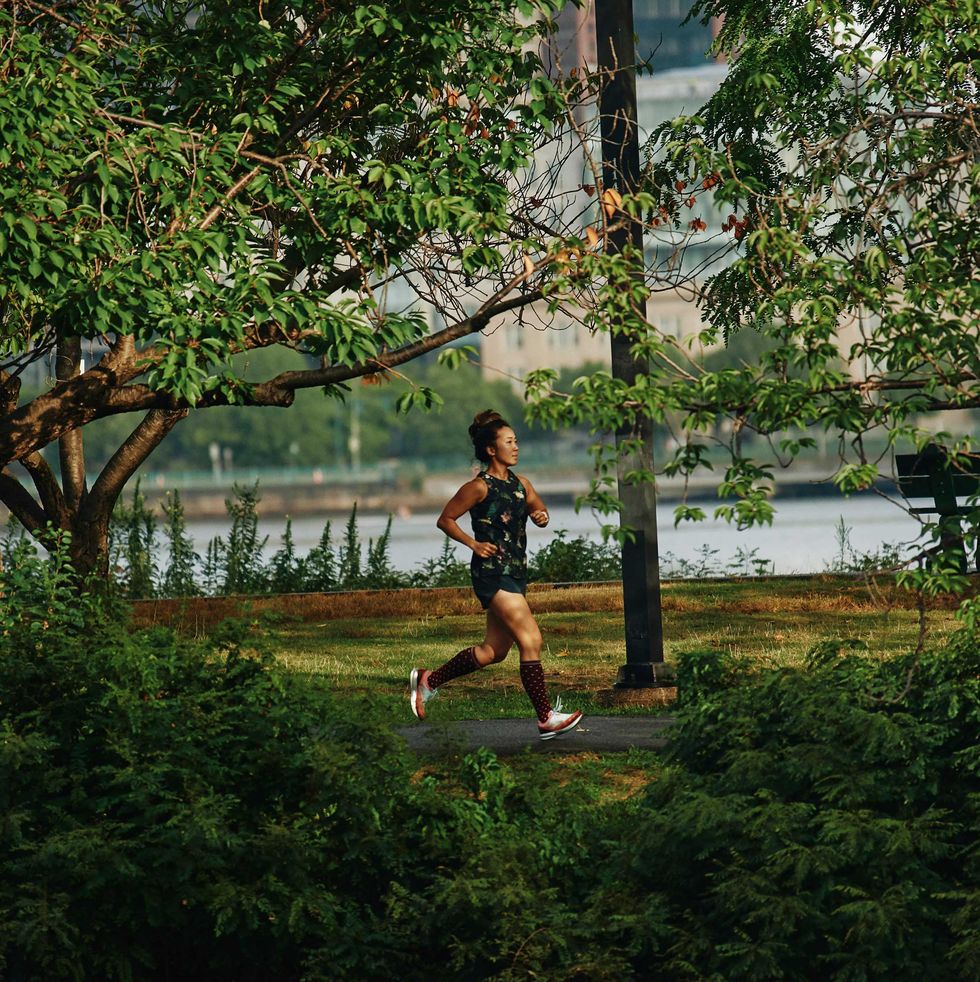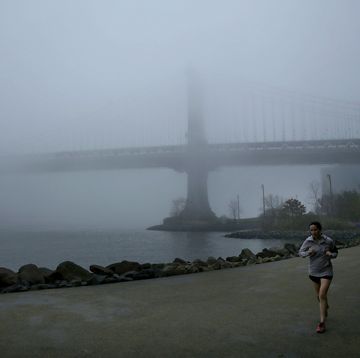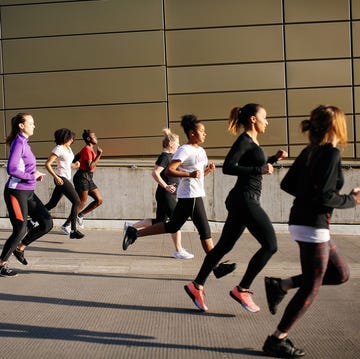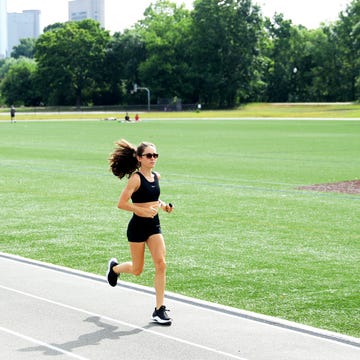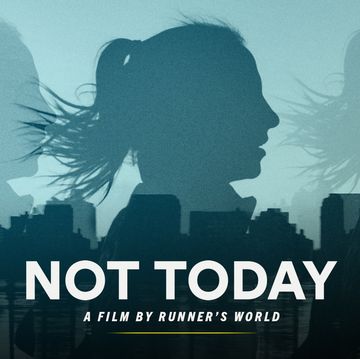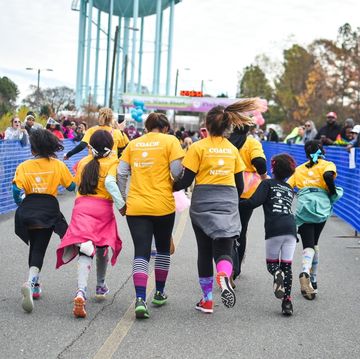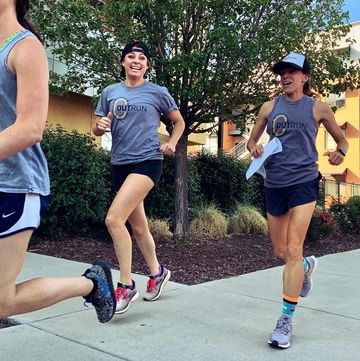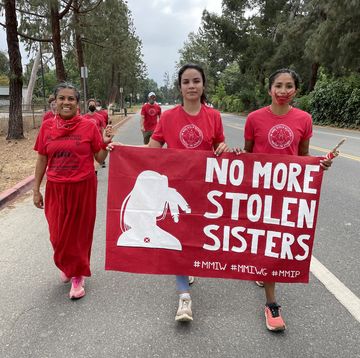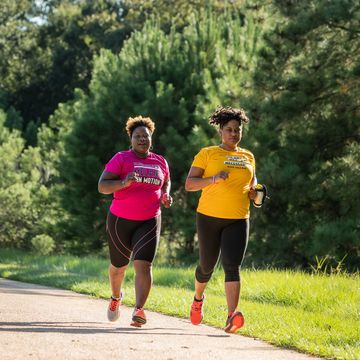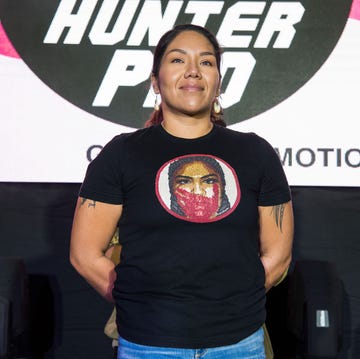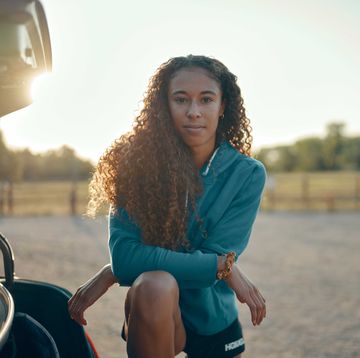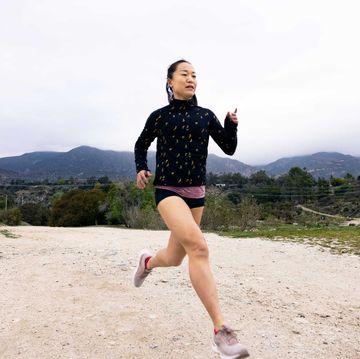Carolyn Su is an advocate for increased representation and diversity within the running community. In December 2018, Su created the Races - Places Instagram account, which shares weekly features on a range of runners around the world. By highlighting and acknowledging the different experiences of runners in the BIPOC community, Su hopes to empower each runner to show up fully and embrace who they are. Now she is bringing her expertise to the Runners Alliance.
RUNNER'S WORLD: What issues do you hope to address as a Runners Alliance ambassador?
SU: I advocate for recognizing the importance of representation within any community, but more specifically, the representation of different ethnic and cultural groups or races within the running community. It goes back to that quote from Marian Wright Edelman. She said, "It’s hard to be what you can't see."
Join Runner's World+ for unlimited access to the best training tips for runners
Not only does that help to broaden our understanding that the world is composed of more people than just ourselves or what we know life to be, but it also helps each person dream bigger and know they're not alone in their struggles or challenges, and that their experience is valid, it's real, it matters. We all benefit when each person individually is able to show up fully in all aspects of who they are.
Why is standing up for representation in the running community important to you?
I believe that every person is inherently an image bearer of God and because of that, we possess innate qualities that are unique to each of us specifically. Society and humanity can only truly thrive and grow if each person is able to show up fully and wholly. Each person matters.
What experiences led you to become an advocate?
As I started to grow in my pursuit of running, it became clear that there is a distinct and narrow population that the running community is centered on, and yet it is touted as inclusive and welcoming.
I tried to ask some of the more influential leaders in the community (mostly podcast hosts) to consider why they were focusing on certain athletes, and if they would consider including different types of runners. After getting “no’s” from those people, I decided to create my own space that would highlight and share the stories, voices, journeys and struggles of BIPOC runners.
I look for runners under different hashtags and ask if they would be interested in sharing their running story. I provide a list of questions for them to answer, then I piece together everything they say and write up a feature.
I hope that it reaches people who are like them, whether it's culturally or ethnically, but also that it might reach people who are not persons of color, so they can understand that all running journeys different. If we can't acknowledge there are different experiences, then we're not going to be able to create an atmosphere that's truly safe for everyone.
What is your ultimate goal with your advocacy work?
I want runners who don't often see themselves represented to feel like they can show up at a running store or group and belong. I want any runner to feel like if they were to join Instagram today and look under running hashtags or an account, they could find people to connect with no matter their size, speed, appearance, or race. That would be great for the sport in general.
What does running mean to you? How do you think running helps you in your advocacy work and in reaching the community you serve?
When we first moved into this neighborhood, running was a way to connect with other neighbors and build friendships. But it’s also a way I can show up as an Asian American female and say, “Hey, we run too.” As I get to know others and allow others to get to know me and my family, then it's another form of representing and showing our presence. Our voice is here in this neighborhood and community. And we're not just going to be your stereotype quiet, meek, passive person who blends in.
Running is a form of me advocating for representation and the lessons I learned of myself. As I become a more confident, better, and self-aware runner, then it also helps me to become more confident in advocating, speaking up, and building up our community.
Why did you decide to become a Runners Alliance ambassador?
The model minority myth makes it so that members of the Asian community are supposed to assimilate into the white normative structures of society, like be quiet, keep your head down, work hard and that's your role. I try to be intentional at breaking that unhealthy standard. That's what I mean when I try to represent and build that representation for the Asian American voice.
It was also serendipitous that you reached out about the Runners Alliance for safety right at the time that I was creating a panel discussion for Races - Places on safety and inclusion. It helped me to think through what safety means and how it's not just physical safety that we consider as females wherever we go. There is safety in knowing you're seen as a person.
What are your hopes for Runners Alliance?
I hope that we can all understand where each person is coming from and collectively support one another in our various and unique ways of advocacy. It's pretty cool to learn of every woman in this alliance. We're all in the running community, but there are very specific groups of people that we're advocating for. I would love for us to be able to understand the uniqueness but also the intersection of the groups that we're each advocating for and be able to support one another in doing that.
This interview has been edited and condensed.
Taylor Dutch is a writer and editor living in Austin, Texas, and a former NCAA track athlete who specializes in fitness, wellness, and endurance sports coverage. Her work has appeared in Runner’s World, SELF, Bicycling, Outside, and Podium Runner.


